The GI Joe Fallacy
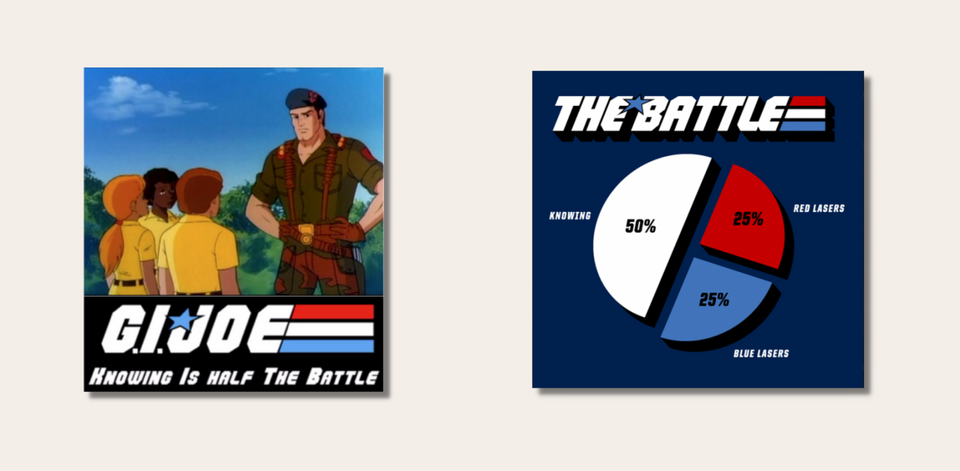
In the 90s US cartoon, the main character would end each episode with an announcement á la “Remember Kids - look both ways when you cross the street” - and then drop his catchphrase:
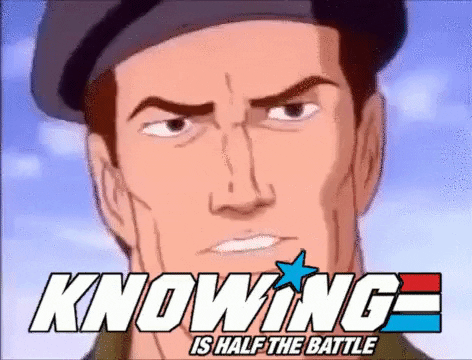
Following this logic, I should be bias-free after studying psychology for years. Because now I know. And that’s what I expected my first year.
But here’s where I fell victim to what Psychologists call (and I'm not joking here!) the GI Joe Fallacy:
Knowing is not half the battle. It’s merely a prerequisite to fight.
A lot of biases work like optical illusions. Everyone knows the picture of the two arrows that look like they’re different lengths but aren’t. You can even understand the mechanism behind it (→ Size Constancy Scaling). But to your eyes, they will always be different lengths.
In the same way, these encapsulated biases are immune to reflection. For example, understanding the Halo Effect (→ If your first impression of someone is positive, you’re gonna frame all the following pieces on a more positive light) doesn’t keep you from doing it every time you meet someone new.
More importantly, this also goes for our self-control! Thanks to our present bias, we love to trade more valuable outcomes in the future for smaller outcomes in the present:
- Procrastination trades temporary stress relief for long-term stress.
- Smashing a bag of chips trades present dopamine for long-term health.
But simply knowing that the chips will be tempting does not make them less tempting in the moment. Some researchers even argue it makes it worse, as we can start to rationalise it in the moment (”I’ve figured out biases - Smashing these chips is a conscious decision!”)
But there is still some value in learning about these biases:
For example, if you don’t buy a bag of chips in the store, you can’t eat them at home - duh. The same goes for keeping your phone in another room when you want to work, because looking at it will tempt to “quickly check LinkedIn”.
When it comes to fighting biases, knowing is not half the battle. It’s merely a prerequisite to fight. The real work lies in recognising they will always be there, and building a world where you won’t face them as much. For a deeper Dive into the world of environmental design - check out Kai’s recent episode!
And if you don't believe me, maybe you can trust Daniel Kahneman (the nobel prize laureate that discovered many of these biases):
“It's not a case of: ‘Read this book and you'll think differently.’ I've written this book, and I don't think differently”
Links
1 Wilson, TD & Brekke, N 1994, ‘Mental contamination and mental correction: unwanted influences on judgments and evaluations’, Psychological Bulletin, Vol. 116, No. 1

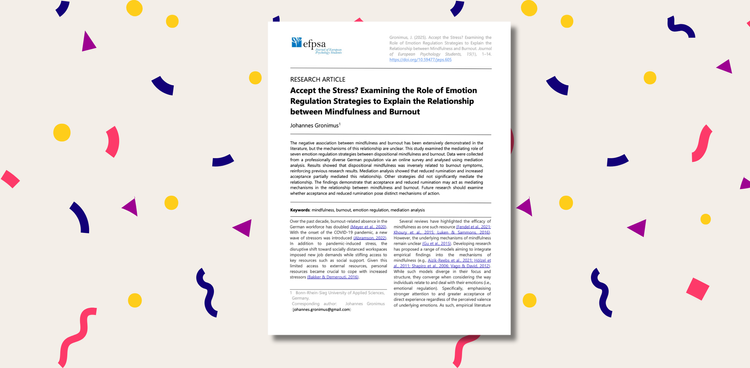
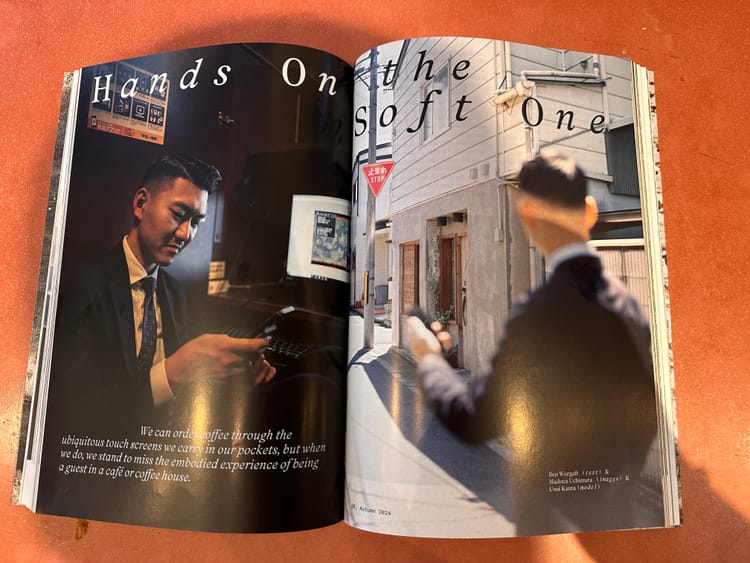
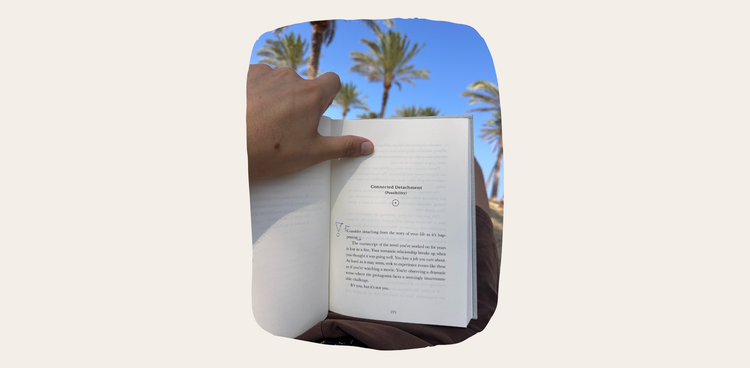
Comments ()